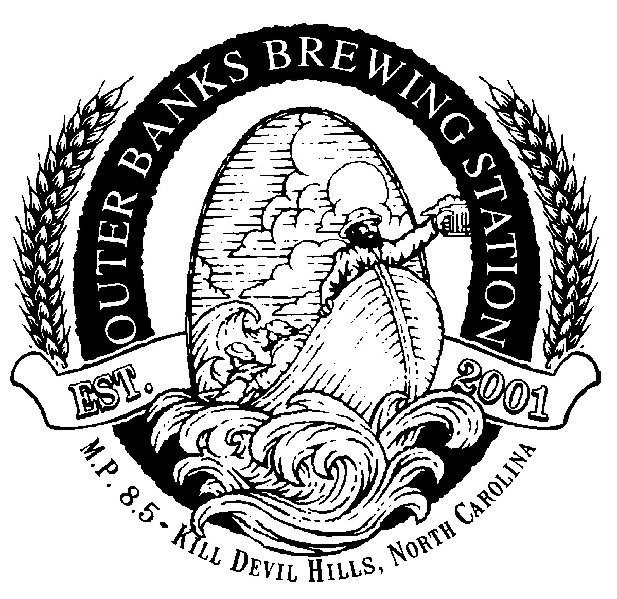After 10 years, beer still the heart and soul of pub
One might expect that two former Peace Corps volunteers would carry their worldview into their business.

The owners of the Outer Banks Brewing Station have done exactly that. They hosted five of Hotline’s Festival of Trees at Christmas, which benefits abused and battered women. The Vagina Monologues also held its first shows at the venue.
This year they have reached out to the gay-lesbian community. Documentary films are also a part of their entertainment, the latest being the movie “Bag It,” which explores the impact of plastic bags on the ecosystem.
Hearkening back to their days in Thailand, owners Aubrey Davis and Eric Reece also staged a major fundraiser for tsunami victims, using their knowledge of the region to tap sources to ensure the money found its way to those in need.
Fundraisers are often held on the premises, and Reece says, “We’ve never turned anyone down” for a legitimate charitable fundraiser.
Businesses, like people, constantly evolve. Davis and Reece have slowly morphed the Brewing Station over time without leaving behind the elements that made them successful.
The most noticeable change has been in the evolution of the food. The pub has seen revenues flip to the point where food is the major revenue-generator. The Brewing Station offers high quality and esoteric menu items, without reaching the stratospheric menu prices of other local gourmet destinations.

Bands will always be a part of the Brewing Station scene, but the owners have also reached out to families and others preferring a different atmosphere. Outside, behind the main building is a children’s playground, bean bag tosses and lighter music.
On warmer nights patrons can enjoy the food while the kids play and a milder blend of music fills the air. Davis and Reece envision the brew pub as a community gathering place in the true definition of a pub as it is known in British Isles.
But at its heart and soul the Brewing Station is about the beer. Brewmaster Scott Meyer’s creations run the gamut — lighter pilsners, ales, IPAs, heavier stouts. The brews are recognized around the country for their quality, and aficionados make it a point to add the Brewing Station to their itinerary.
Meyer has one other card up his sleeve that keeps people coming back — a constantly changing offering of brews. The only mainstay on the menu is the flagship “Olsch” beer. All other offerings change out, something that differentiates the Brewing Station from “98 percent of the other brewpubs in the country”, Reece says.
Reece believes it is “all about the beer” and the logical next step will be bottling. OBBS offers some beers in bottles today, but not nearly on the scale Reece imagines. They have looked at outsourcing to other North Carolina breweries, but in the end, they will likely brew their beer from their own facility.

Will that happen on the Outer Banks? The pair isn’t sure; transportation in and out of the region is difficult due to the lack of limited access, high speed highways. But there’s a good chance the beer will be brewed in northeastern North Carolina, perhaps along U.S. 64 east of Rocky Mount. The owners like the idea of bringing jobs to one of the many towns that are known only as exit markers along the new 64 that winds its way toward Raleigh.
The Brewing Station has made a difference on many levels on the Outer Banks — a world-class brew pub, superior food, engaging bands, alternative energy and promoting social issues.
Ten years ago I had a chance to bid on the loan offering Davis and Reece put together. My superiors had two comments — “a brew station that large would never make it through the off season” and “what do two Peace Corps volunteers know about running a successful business?”
We passed on the loan, but the two Peace Corps idealists proved you don’t need an MBA to create a successful business, nor does one need abandon the social values that come with devoting two years of your life helping those in less developed countries.
Here’s to looking forward to the 20th anniversary of the OBBS.
Story by Russ Lay
First Part: Where It All Began





